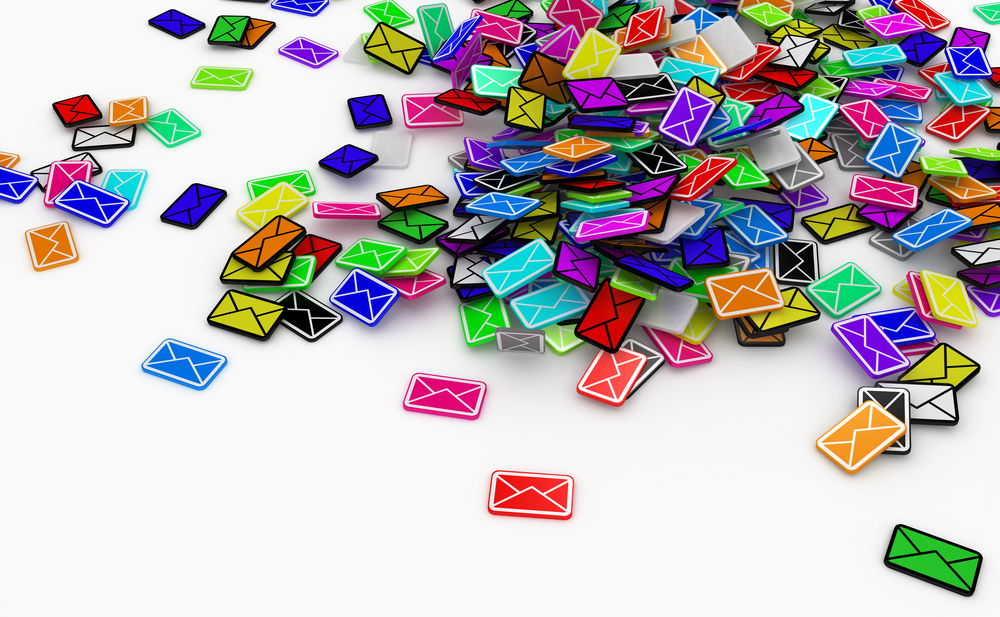Introduction
Ever caught yourself marveling at how rapidly some businesses seem to grow their email lists? Might be the magic (or the mayhem) of Facebook email scrapers. Promising as it may sound, venturing into this tool’s capabilities requires a pause—there’s a complex blend of potential gains tangled with ethical and legal snags. Let’s dissect this digital phenomenon and see if it’s a worthy risk or a no-go zone.Breaking Down Facebook Email Scrapers
Think of a Facebook email scraper like a digital miner, sifting through layers of social media debris to extract shiny bits of email data. Handy for marketers? Absolutely. Simple and safe? Far from it (and that’s where the plot thickens!).
How Email Scrapers Operate
- Selecting the Field: The tool starts by pinpointing where the rich data veins are—places like groups or pages where emails might pop up.
- Gathering the Goods: Like a forager, it scoops up all potential data — rigorous and relentless.
- Refining the Catch: Here comes the finesse part—filtering out usable email addresses from mounds of raw data. It’s the modern-day equivalent of finding a needle in a haystack.
Legal Web: Compliance Is Key
Venturing here? Better gear up for some serious compliance checks: Privacy Laws Across Borders such as GDPR or CCPA can turn an innocent scrape into a legal nightmare. Always best to do your homework first!
Ethical Dilemmas: To Scrape or Not to Scrape
Stepping into grey ethical territories, aren’t we? Playing fair and being transparent isn’t just good karma; it’s solid business sense.Exploring Safer Alternatives
- Facebook Ads: Yep, good old advertising. It’s straightforward, compliant, and hey, completely above board.
- Lead Gen Forms: These are golden. Users willingly hand over their info, making it a clear, consent-driven process. Straightforward and stress-free!





